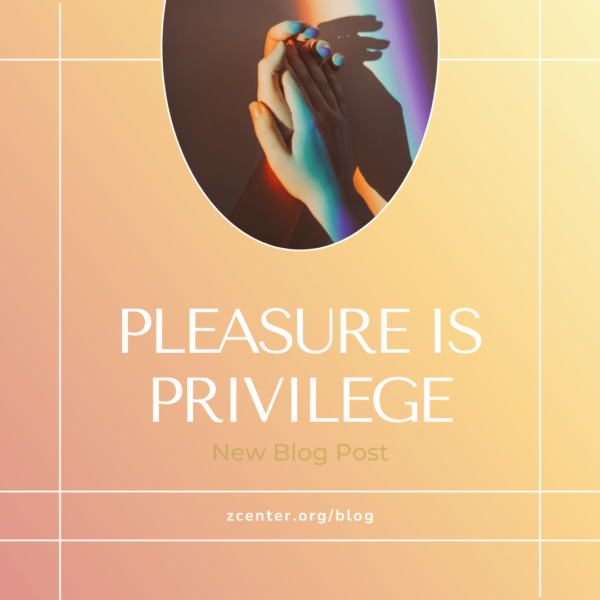Girls just wanna have fun; but can they? In the world of sexuality, pleasure is privilege.
Education
Women are not always taught that they deserve pleasure or deserve to ask for pleasure, nor do we as a society teach them about pleasure. The sex education programs provided in schools do not account for women’s pleasure, orgasm, or masturbation. A comprehensive sexuality education is needed, so that all genders fully understand the intricacies of pleasure.
Patriarchy
The experience of pleasure is often limited to those in control; in a patriarchy, it is men who control the pleasure. Many women worldwide are mutilated in the name of circumcision; men get to control women’s pleasure (Posner, 2018). In further frustration with the patriarchy, most women in heterosexual relationships have difficulty with orgasms, whereas lesbian couples often find more pleasure (Posner, 2018). The couples who are able to explore sexuality outside of society’s norms, where men control sex, are the couples who find pleasure more easily.
Pleasure and Pain
The brain reacts to orgasms most similarly to seizures (more so than any other activity measured). There is a close connection between pleasure and pain and it is not fully understood (Posner, 2018). As a rape crisis center, we also know that too often sexuality is experienced as abuse, as perpetrators justify that the other person actually enjoys it. Too many youth learn about sex only through abuse, learning only the pain rather than the pleasure of sexuality.
Inequality Post-Pleasure
Access to medical services is limited for many Women of Color, rural women, and women in subcultures that frown upon women’s reproductive health choices. Women’s health clinics are often too far of a drive or do not offer women choices about pregnancy, STDs, or reporting abuse (Ewing & Grady, 2010).
Maternal and postpartum health in the U.S. remains problematic, especially for Women of Color:
- Suicide and overdose combined are the leading cause of death in the first year postpartum (Zahlaway Belsito, 2021).
- Approximately 700+ women die in the U.S. from pregnancy related causes in a year (CDC, 2020).
- Black and Indigenous women are over 3 times more likely to die from pregnancy-related complications than white women (Zahlaway Belsito, 2021).
Recommendations
- Communication between partners is key to pleasure with a partner.
- Comprehensive sexuality education is needed for all socioeconomic levels, especially for addressing pleasure, orgasms, and masturbation.
- Female circumcision needs to end.
- More funding is needed for sexual abuse services. Donate to your local rape crisis center.
- Access to medical care needs to be an important investment in all socioeconomic areas. For ideas on how to get involved in women’s health advocacy, see the Advocacy toolkit.
Written by Kristin Jones, EdM, PhD, Outreach Supervisor
All ZCenter blog posts are written by state certified staff, interns, and volunteers. For questions on authorship or content, please email kjones@zcenter.org.
Center for Disease Control (CDC). 2020. First Data Released on Maternal Mortality in Over a Decade. https://www.cdc.gov/nchs/pressroom/nchs_press_releases/2020/202001_MMR.htm
Ewing, H. & R. Grady. (2010). 12th & Delaware. (documentary.) https://www.hbo.com/documentaries/12th-and-delaware-doc
Posner, J. (2018). Explained: The Female Orgasm. (documentary series.) Season 1, Episode 16. https://www.netflix.com/title/80216752
Zahlaway Belsito, J. (2021). Women’s Reproductive Health Forum. (online.) Maternal Mental Health Leadership Alliance.

